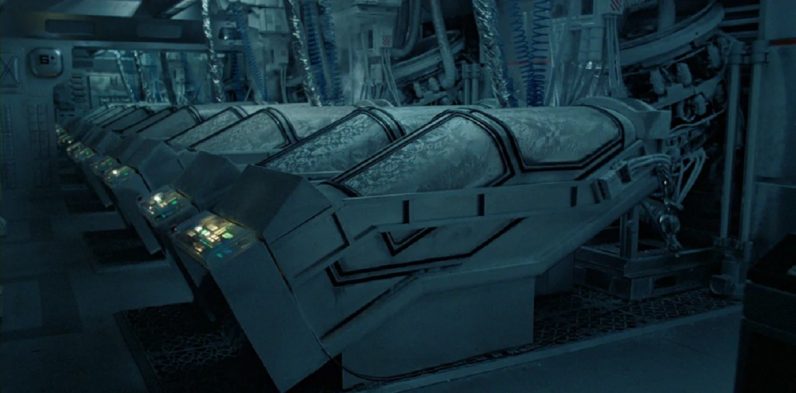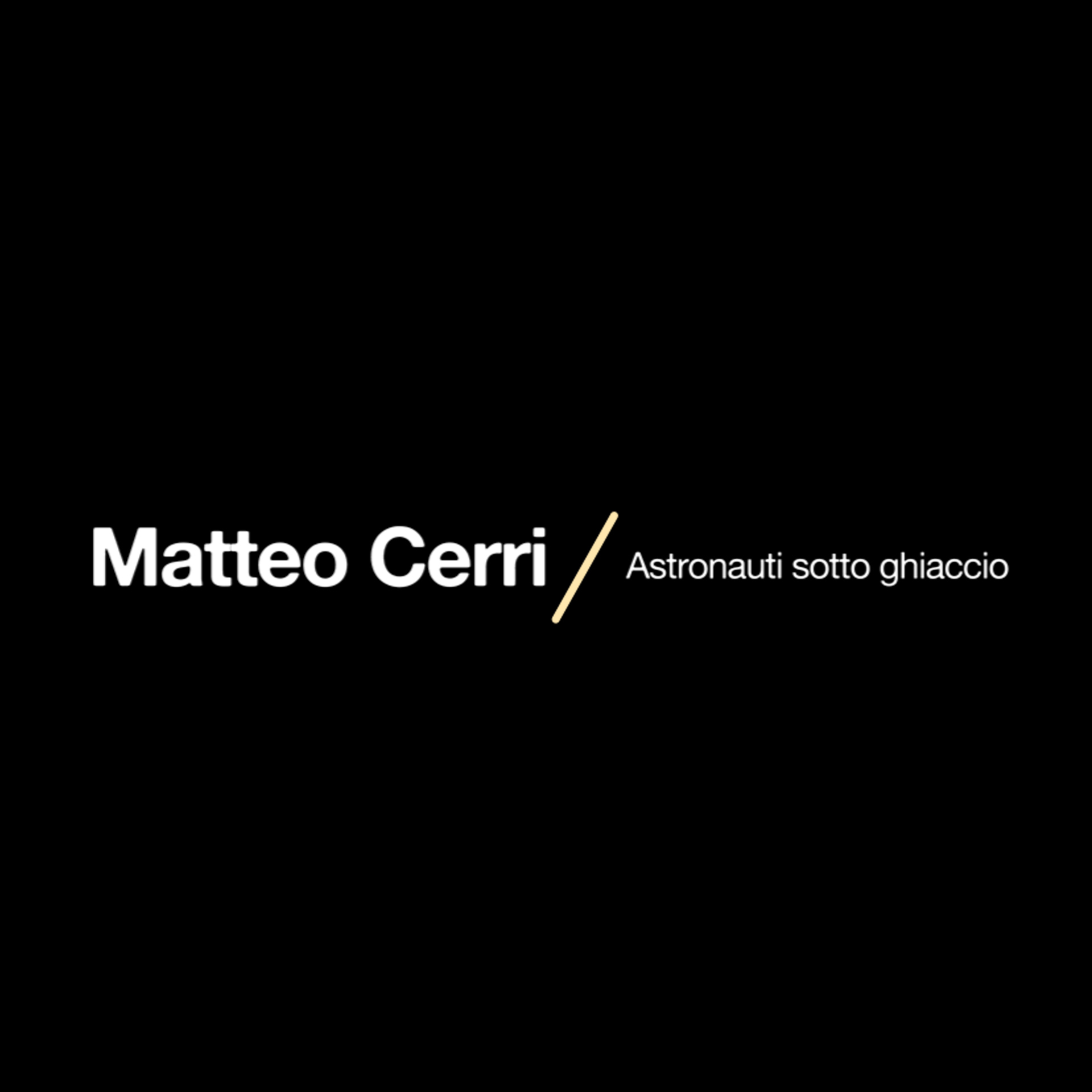Astronauts on the rocks: hibernation for space travel
6 December 2019 | Written by La redazione
Long-term space travel may require the development of hibernation technology to be carried out, we talked about it with Matteo Cerri, an expert on the subject.

The cold is something that man has always feared, since the dawn of history man has sought ways to defend himself against the frost that penetrates his bones. We discovered fire, created clothes, houses and heating systems to escape them, and today, as we hardly fear it, we are learning to tame it and use it for our benefit. It’s from last month the news of the first suspended animation case obtained through hibernation to slow down a person’s metabolism and save his life. The medical field, however, is not the only one in which this technique could be fundamental. The exploration of space could benefit greatly from hibernation: to understand what we talked about with Matteo Cerri, a physician, a researcher in physiology and a hibernation expert.
Astronauts on the rocks. Space travel of the future will be long, very long. To reach Mars it takes about 7 months, to go beyond the times they expand exponentially, to go to Jupiter it takes up to 6 years. With current technologies, such journeys would require the construction of complex spaceships capable of comfortably accommodating a crew and everything necessary for their survival. Add to this the fact that space is permeated by radiation, a stay too long without adequate protection could be lethal for future space travelers. The solution could be just hibernation: if we could discover the formula to slow down exponentially the human metabolism we could send astronauts in deep sleep for long journeys, then awakening them once they reach their destination.
It looks like a science-fiction scenario but several studies confirm that it could be a viable route. ESA, the European space agency, recently published a study that suggests that hibernating the crew could be the solution: it would have beneficial effects on health, protect astronauts from radiation, improve the efficiency of space in the space ship and consequently reduce costs.
Matteo Cerri is a Ph.D. in neurophysiology and a researcher in physiology at the Department of Biomedical and Neuromotor Sciences of the University of Bologna, as well as an expert in hibernation, a subject he covered in his latest book “La cura del freddo”. Also according to him, hibernation could be the solution to long-term space travel and more.
Watch the video:






